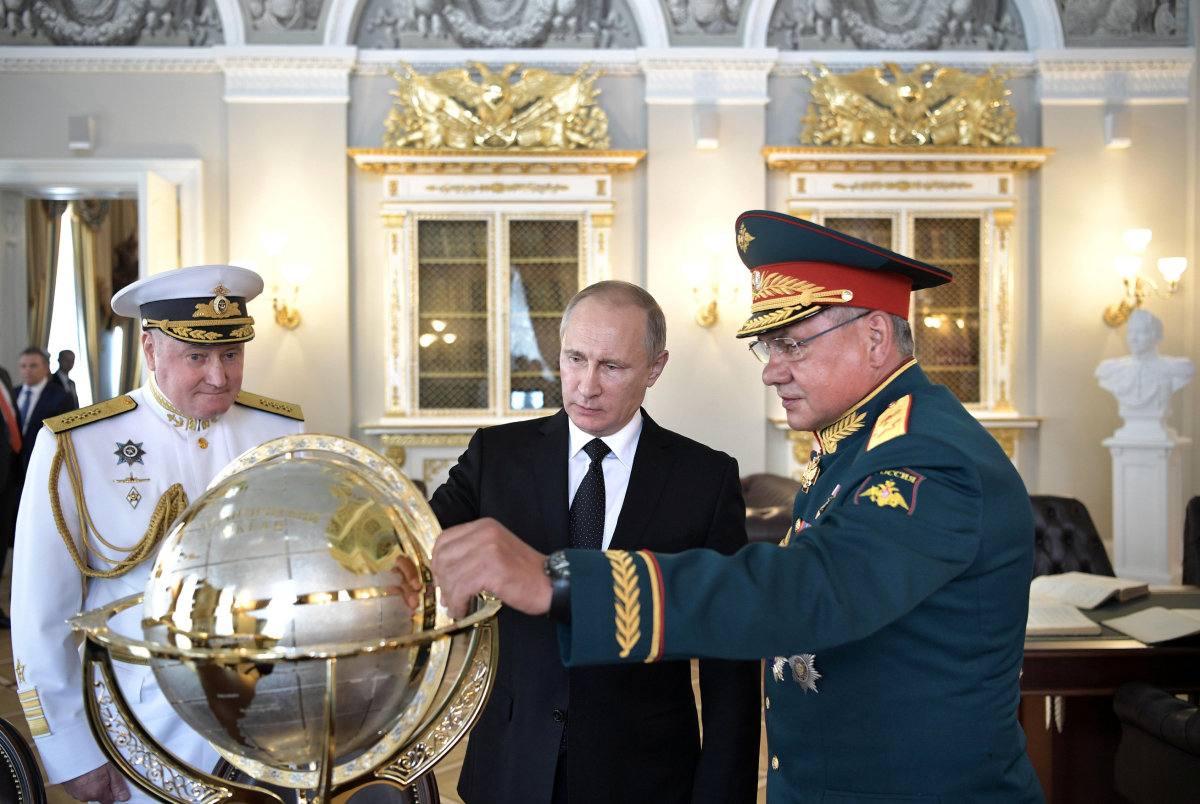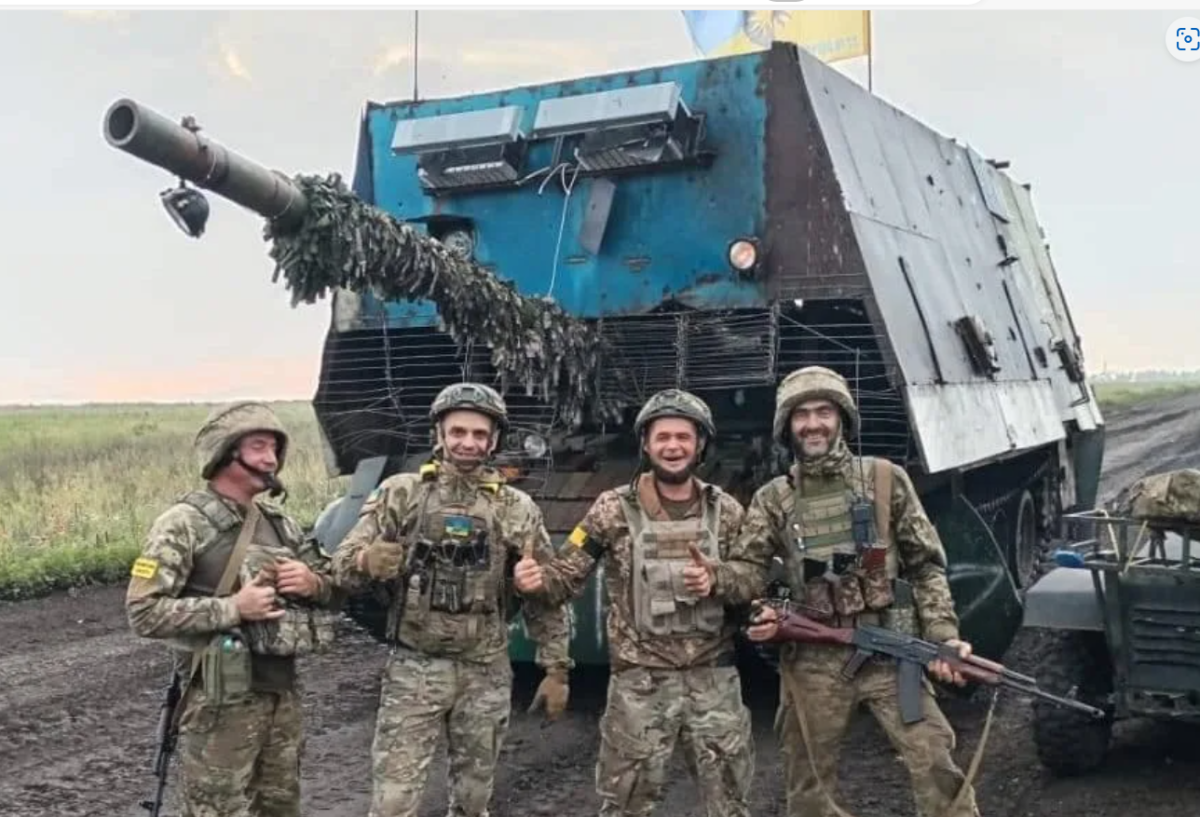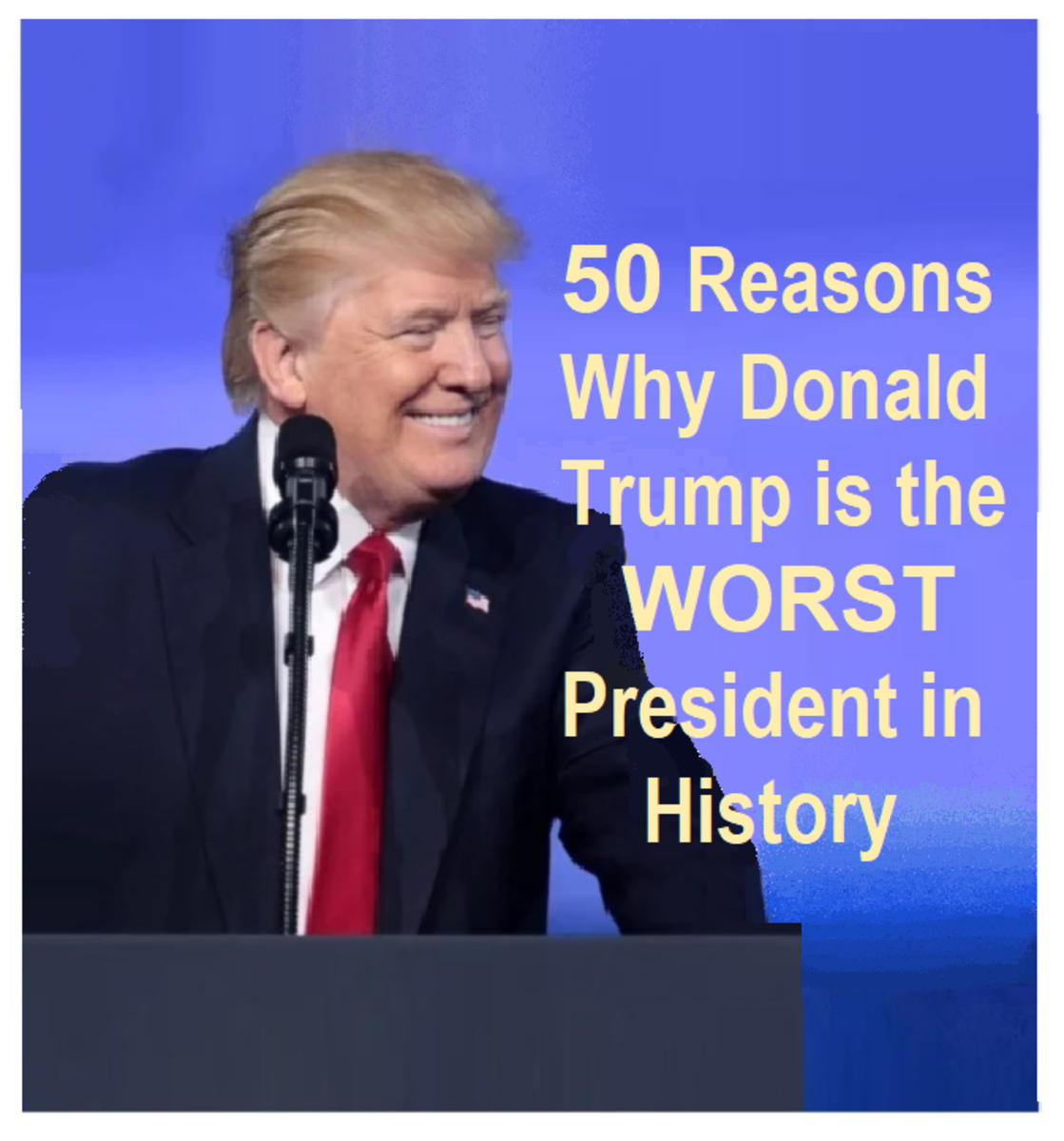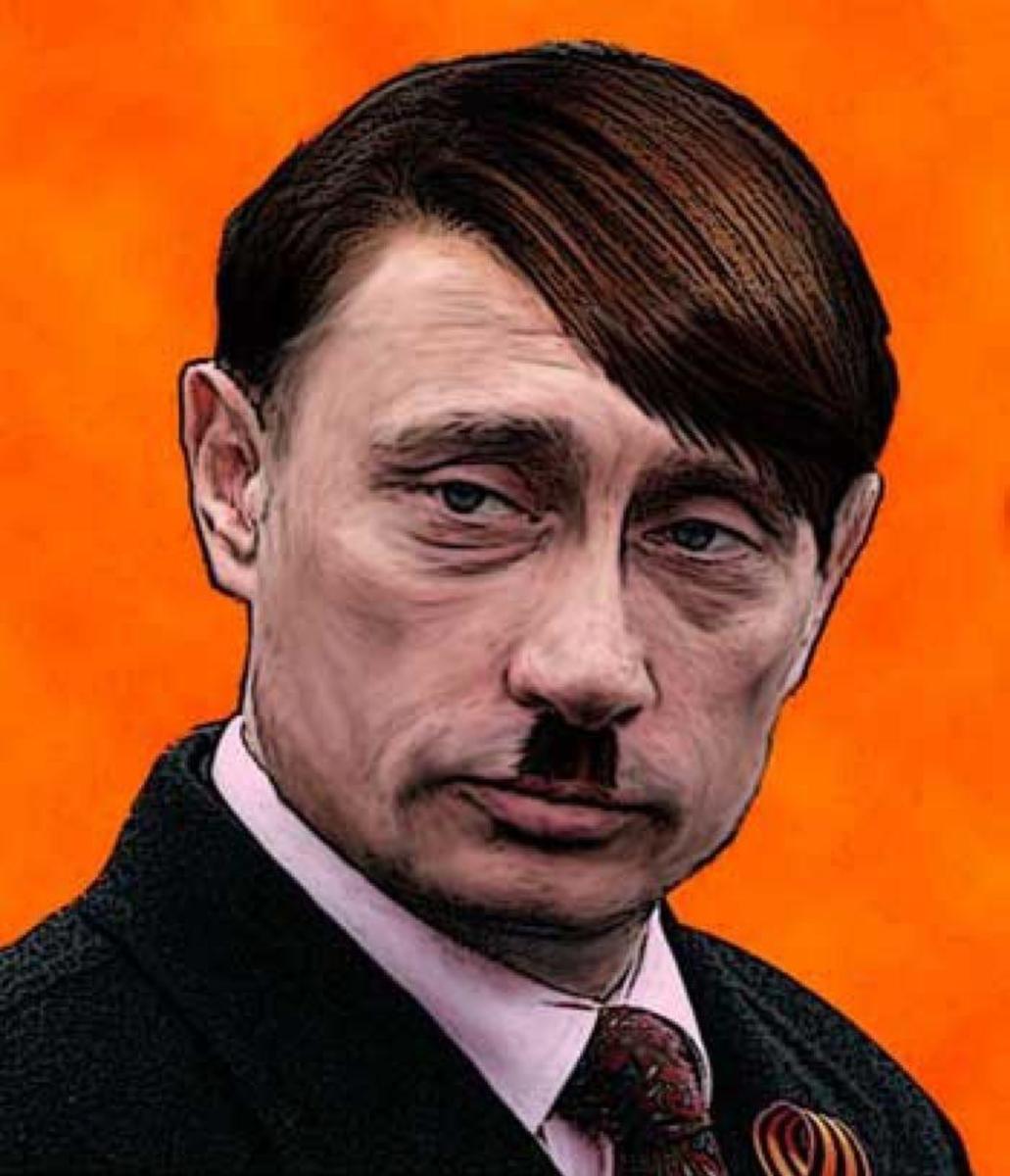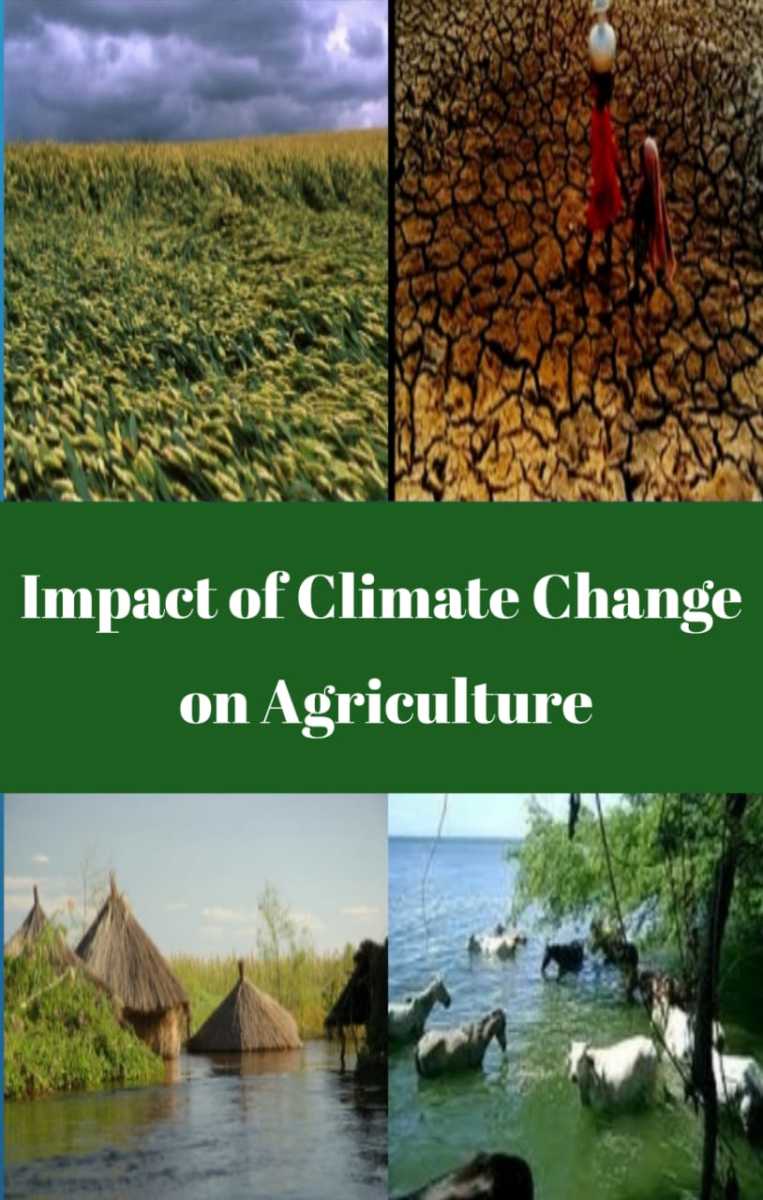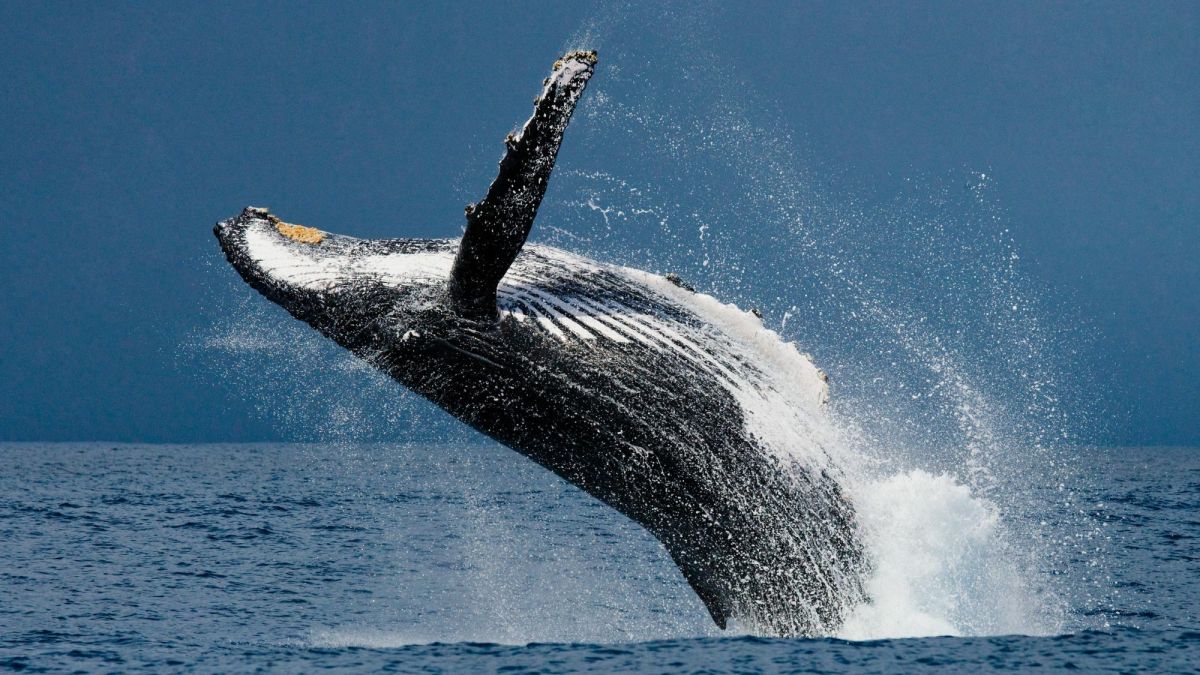The Impact of Sanctions on Russia’s Agriculture
Russia has been the focus of sanctions by the European Union as a response to the country’s decision to destabilize the peace and sovereignty of its neighboring country. The harsh sanctions have been as a result of Russia’s illegal takeover of the Crimea, and considering it as part of its territory. The first diplomatic measures by the European Council against the country were first instituted in March 2014. In this council, the EU set up measures that the union would implement against Russia in the event that, it violated the de-escalatory steps set forth by the council. Among these included travel bans by Russian officials to any of the EU and US states, and freezing all accounts of anyone who is found to be involved in actions that are against the terrotorial integrity of Ukraine.
In light of the actions by Russia which led to escalating crisis in Ukraine, the EU moved forward to implement and reinforce economic sanctions it had established against the country in 2014. The time-frame for these sanctions were linked by the European Council to a full implementation of the Minsk Agreements by Russia.
Through these restrictions, the EU believes that the crisis in Ukraine will be leveraged. The focus is to ensure that Ukraine achieves the desired stability, economic growth, as well as democracy for the governance and all citizens. Accordingly, the EU has been placing its support behind the nation’s territorial sovereignty and territorial integrity. The emphasis on implementation of the Minsk agreements is seen as a critical factor for the political stability and conflict resolution on the nation. Accordingly, the union, has since 2014 been spearheading political, and economic reforms in Ukraine.
Nonetheless, the EU sanctions have been having far-reaching economic, social and political consequences on Russia.
In essence, the annexation of the Crimea by Russia has been a source of continued sanctions and countersanctions by the EU and other international organs against the country. Instead of reducing, these sanctions have seemed to increase to a frightening level. In September 2015, Ukraine moved to ban all Russian planes from its land. Russia retaliated by doing the same against Ukraine. A year earlier, the EU and the US had frozen financial assets of key Russian government figures stashed in these countries. Among those who were adversely affected included John Boehner who was the house speaker, Reid Harry, the majority leader among others. Since that time, this has been a familiar theme in Russia. Interestingly, majority of Russians targeted happened not to have foreign assets in other countries. However, these were affected by the financial strain. The government of Russia, including key officials and citizens are unable to carry out transactions that are dollar denominated. In addition, foreign investors are unwilling to invest in the country due to these restrictions. On the other hand, banks are not able to transact using foreign denominations, while the purchasing powers of citizens have been limited. In the long term, these sanctions have had both short and long term economic impact on many of Russia’s sectors including technology, politics and even agriculture. This paper seeks to establish the actual impact of these restrictions on Russia’s Agricultural sector.
The progression of any nation is dependent upon its income generation. This particularly occurs from exports and important. This occurs when a nation depends on foreign goods, and investments. When a given state faces sanctions, this adversely affects the transfer or movement of finances and goods from and to other nations. For instance, when a country produces agricultural productions which it is not able to export to other countries, then the effort may be rendered insignificant as the produce will remain unsold or cause surplus in the country. In other words, the producers will not get value for what they have produced while the government cannot taxes to funds its economy. Russia is currently the world leader in wheat production among other agricultural products. The overall effect of sanctions to the country’s economy is therefore adverse.
Russia can be described as a resolute country. This determination has more than once placed Russia in the good books especially with respect to weaponry. Accordingly, Russia has made some of the most remarkable though dangerous military artillery and escapades. There is no doubt that this is technology at its best . However, as they say, every coin has two sides. Russia has been known to attack other states and even infringe on the sovereignty of some including Ukraine. For example, the reasons that resonated to the Ukrainian crisis were the desire of Russia to bring back colonialism on the country. During this crisis, Russia aimed at annexing Crimea, a goal which it achieved. This rendered Russia worth a number of sanctions from US and other countries. These sanctions were heavily financial in nature and subsequently had a great toll on Russia’s economy. They also did cut into defense, energy and oil production and export.
The sanctions imposed by the EU and the US include the following: a)Reduction of funds and finances of certain Russian Institutions, b)blockage of some Russian individuals and entities from foreign grounds and businesses, c)Restriction of licenses of export of military articles that should have end use in Russia. In addition, there is d) restriction of supply of certain items to either the Russian army or the gas/oil exploration or otherwise purpose and e) prohibition of food provisions, and technical services in support of certain activities relating to oil/gas production. All this of course slowed Russia down especially because it depended on Oil to earn its expenditure. Before the sanction in 2013, an article published by “Facts and details” expressed that. “Russia is the world's largest producer of crude oil.” After the sanctions had been imposed, the GDP of Russia dropped for the first time since 2009.
It seems after this nightmare, Russia being a great nation, has risen to its feet once more. Only this time it was not over military weapons or oil, but also many other sectors including agriculture. It was a difficult task at first as proven through statistics which shows how bad Russia’s inflation was. The authors continue to explain how the price of foodstuffs had risen. For instance, for the period of these sanctions, chicken and pork prices rose by 27% in the internal Russian market. Interesting, the agricultural sector has tremendously grown since the sanctions. Many reasons were behind these. Among these being the need for Russia to the USA as its economic base. With no difficulties in oil and arms, she joined China and prepared an agricultural investment fund. The objective was to attract attention of international investors.
It seems like a case of a purposeful determination. Russia did not always have high farming performance. Now agriculture, more precisely grain, has grown remarkably well. In a recent article by Bloomberg, “Russia is now moving to recapture world leadership in wheat production and trade which was slowly draining from the time of Csars leadership. Russia has gone to the extent of having the great US below it in the production of grain. In 2015 Russia unseated the US as the world’s biggest wheat producer and exporter.
In his annual address to the federal assembly, the president of Russia, President Vladimir Putin described how agriculture has grown in Russia over the past decade. He went on to explain that in just ten years, Russia has changed from a country of many imports to a country that which is an export destination joint. He continued to say that the value, (20 billion dollars) generated by agriculture is more than that of military articles and also more than that gas exports. He is quoted saying, “This exceeds our proceeds from the combined sales of arms sales or about one-third of our profits from gas exports. Russia which was previously perceived as not being able to perform without oil and ammunition has surprised many with this new development.
With the above evidence, Sanctions have indeed affected Russia significantly not only in agriculture, but also in all aspects. This is despite the fact that the country has seen significant growth in agricultural sector.

